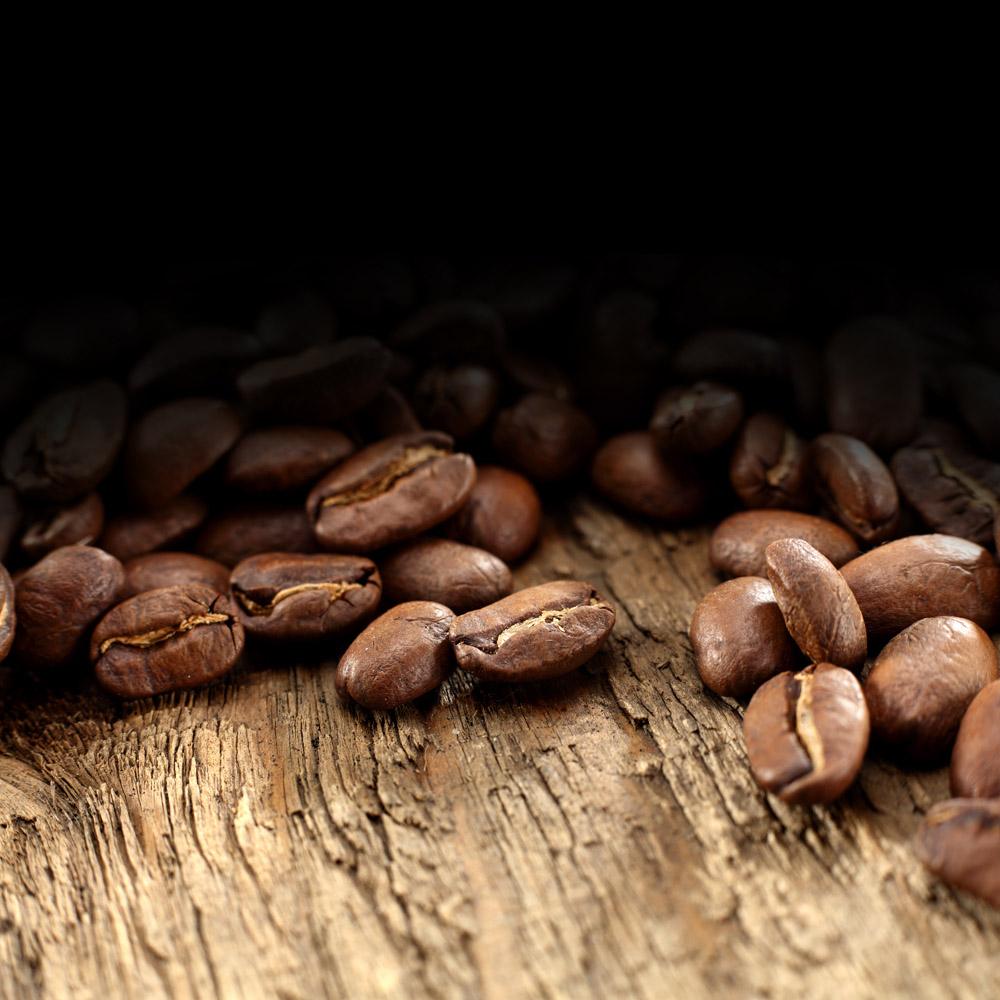Characteristics of Tanzania coffee beans, description of Tanzania coffee beans flavor
Pay attention to coffee reviews (Weixin Official Accounts vdailycom ) and find a beautiful cafe to open your own shop
Tanzanian coffee has long been loved by Europeans and ranks among the famous brands. Europeans give Tanzania coffee the nickname "coffee gentleman", Chinese coffee connoisseurs will it and "coffee king" blue mountain,"coffee lady" mocha and called "coffee three swordsmen".
Tanzania's Mount Kilimanjaro is 5895 meters above sea level and connected to Mount Meru. It is the main production base of Kilimanjaro coffee. Kilimanjaro is the highest peak on the African continent and the only snowy peak on the equator. It is "the roof of Africa" and "Snow White on the Equator". Fertile volcanic ash gives the coffee its rich texture and soft acidity, characteristic of typical African coffee beans. Kilimanjaro AA is the highest level of beans, all aspects of quality are superior. Medium or above baked with a strong aroma. Suitable for single serve or iced coffee.

Characteristics of Tanzanian coffee: flavor: rich and refreshing, acidity is lower than Kenya coffee, pure flavor, aroma overflowing Suggestions Roasting method: moderate roast After drinking Tanzanian coffee, you will always feel a soft and mellow earthy taste at the corner of your mouth. Coffee gourmets often use words such as "wild" or "wild" to describe it. It can be said that pure Tanzanian coffee is "the most African coffee".
Tanzania's coffee exports occupy an important position in the overall national economy. In the past, Tanzania's coffee industry has been dominated by plantation cultivation, but now more than 85% is cultivated by smallholders. Many small farmers form cooperative organizations, the most important of which is the Kilimanjaro Cooperative Union (KNCU). Tanzanian coffee is sold at auction by the Tanzanian Coffee Marketing Board (TCMB) to private exporters. In the 1980s, most coffee sales in Tanzania shifted from auctions to direct sales to the Tanzania Coffee Marketing Board.
This has changed, and the coffee industry is being reformed to allow individuals or groups to buy coffee in the future, and coffee will be graded in different ways to attract buyers from Germany, Finland, the Netherlands, Belgium and Japan.
Important Notice :
前街咖啡 FrontStreet Coffee has moved to new addredd:
FrontStreet Coffee Address: 315,Donghua East Road,GuangZhou
Tel:020 38364473
- Prev

Introduction of Tanzanian Coffee and Manning Coffee
Following Caf é (official Wechat account vdailycom) found that the Beautiful Caf é opened its own shop in Tanzania Coffee from Tanzania: Tanzanian coffee bean-shaped berry coffee produces a lot of coffee and is said to be stronger than regular coffee. Generally speaking, coffee beans in Tanzania have extraordinary quality. For example, in the neighborhood of Kilima
- Next

The origin of cat poop coffee, cat poop coffee flavor description
Pay attention to coffee reviews (Weixin Official Accounts vdailycom ) and find a beautiful cafe to open its own small shop cat excrement coffee, produced in Indonesia. In the early 18th century, the Dutch established coffee plantations in the Indonesian colonies of Sumatra and Java, and prohibited the locals from picking and eating their own coffee fruits. Indonesian locals accidentally discovered that civet cats love to eat these coffee fruits
Related
- Detailed explanation of Jadeite planting Land in Panamanian Jadeite Manor introduction to the grading system of Jadeite competitive bidding, Red bid, Green bid and Rose Summer
- Story of Coffee planting in Brenka region of Costa Rica Stonehenge Manor anaerobic heavy honey treatment of flavor mouth
- What's on the barrel of Blue Mountain Coffee beans?
- Can American coffee also pull flowers? How to use hot American style to pull out a good-looking pattern?
- Can you make a cold extract with coffee beans? What is the right proportion for cold-extracted coffee formula?
- Indonesian PWN Gold Mandrine Coffee Origin Features Flavor How to Chong? Mandolin coffee is American.
- A brief introduction to the flavor characteristics of Brazilian yellow bourbon coffee beans
- What is the effect of different water quality on the flavor of cold-extracted coffee? What kind of water is best for brewing coffee?
- Why do you think of Rose Summer whenever you mention Panamanian coffee?
- Introduction to the characteristics of authentic blue mountain coffee bean producing areas? What is the CIB Coffee Authority in Jamaica?

